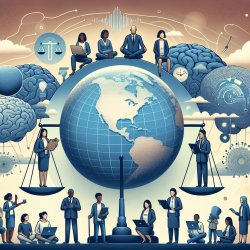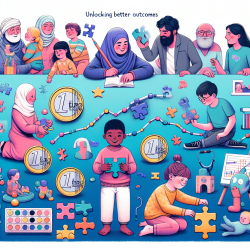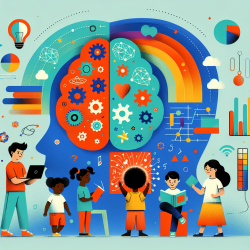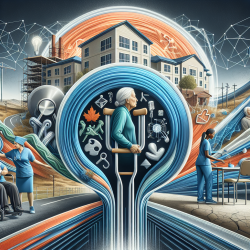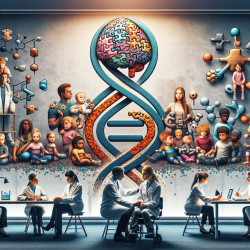Introduction
The integration of Artificial Intelligence (AI) into global health workforce training is a complex yet crucial endeavor. A recent research article, "An equitable and sustainable community of practice framework to address the use of artificial intelligence for global health workforce training," provides a comprehensive framework for developing Communities of Practice (CoP) to facilitate this integration. This blog explores how practitioners can leverage these insights to enhance their skills and contribute to a more equitable health workforce.
The Role of AI in Health Workforce Training
AI technologies hold the potential to transform health workforce training by supporting human decision-making processes. However, AI systems trained on biased data can perpetuate existing inequities. Therefore, it is essential to ensure that AI inputs are equitable and contextually aware. The framework proposed in the research emphasizes the importance of involving multiple stakeholders in the conversation about AI's role in training.
Framework for a Community of Practice
The proposed CoP framework is built on five structural pillars:
- Governance: Establishing a consortium of institutions to develop an equitable AI CoP.
- Project Management: Creating a system to track CoP activities and milestones.
- Partnerships: Building relationships with stakeholders to examine AI data and applications.
- Stakeholder Engagement: Providing learning opportunities through webinars and workshops.
- Outreach: Enhancing connections and sharing CoP work through newsletters and publications.
Implementing the Framework
Practitioners can implement the framework by:
- Participating in Technical Working-Learning Groups (TWLGs) to explore AI ethics and applications.
- Engaging in annual symposiums and site visits to share ideas and expand knowledge.
- Contributing to the development of algorithmic literacy programs for continuing education.
These activities foster a collaborative environment where stakeholders can learn from each other and address the challenges of integrating AI into health workforce training.
Conclusion
The framework for a Community of Practice offers a structured approach to integrating AI into global health workforce training. By fostering collaboration among diverse stakeholders, the CoP model promotes equitable and sustainable AI use. Practitioners are encouraged to engage with this framework to enhance their skills and contribute to a more equitable health workforce.
To read the original research paper, please follow this link: An equitable and sustainable community of practice framework to address the use of artificial intelligence for global health workforce training.
